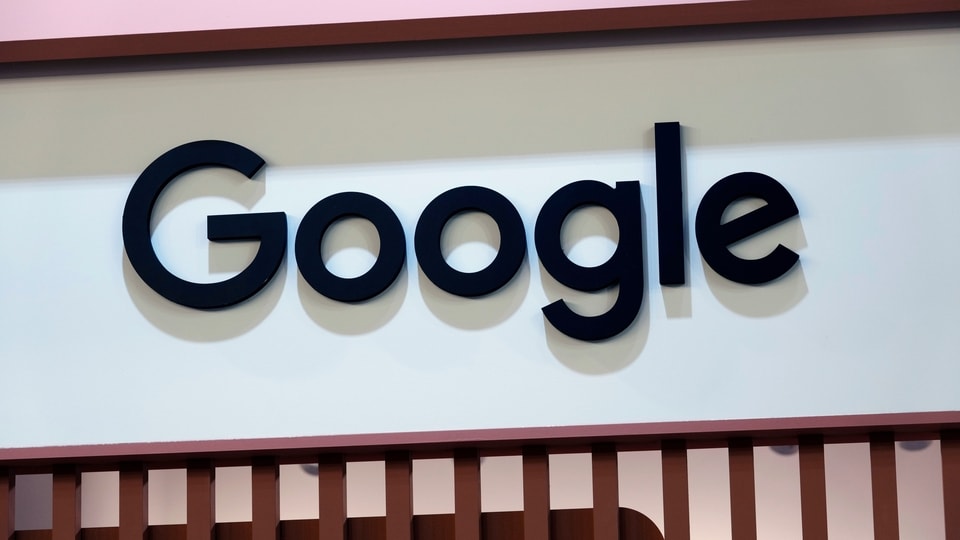Supreme Court weighs Google's liability in ISIS terror case
The case before the court stems from the death of American college student Nohemi Gonzalez in a terrorist attack in Paris in 2015.

In its first case about the federal law that is credited with helping create the modern internet, the Supreme Court seemed unlikely Tuesday to side with a family wanting to hold Google liable for the death of their daughter in a terrorist attack.
In two and a half hours of arguments, the justices seemed concerned about upending the internet in their interpretation of a 1996 law, Section 230 of the Communications Decency Act, that shields Google, Twitter, Facebook and other companies from lawsuits over content posted on their sites by others.
“We really don't know about these things. These are not like the nine greatest experts on the internet,” Justice Elena Kagan said of herself and her colleagues, several of whom smiled at the description.
Congress, not the court, should make needed changes to a law passed early in the internet age, Kagan said.
Justice Brett Kavanaugh, one of six conservatives, agreed with his liberal colleague in a case that seemed to cut across ideological lines.
“Isn't it better,” Kavanaugh asked, to keep things the way they are and “put the burden on Congress to change that?”
The case before the court stems from the death of American college student Nohemi Gonzalez in a terrorist attack in Paris in 2015. Members of her family were in the courtroom to listen to arguments about whether they can sue Google-owned YouTube for helping the Islamic State spread its message and attract new recruits, in violation of the Anti-Terrorism Act.
The justices used a variety of examples to probe what YouTube does when it recommends videos to viewers, whether content produced by terrorists or cat lovers. Chief Justice John Roberts suggested what YouTube is doing isn't “pitching something in particular to the person who's made the request” but just a “21st century version” of what has been taking place for a long time, putting together a group of things the person may want to look at.
Justice Clarence Thomas asked whether YouTube uses the same algorithm to recommend rice pilaf recipes and terrorist content. Yes, he was told.
Lower courts have broadly interpreted Section 230 to protect the industry, which the companies and their allies say has fueled the meteoric growth of the internet and encouraged the removal of harmful content.
But critics argue that the companies have not done nearly enough and that the law should not block lawsuits over the recommendations, generated by computer algorithms, that point viewers to more material that interests them and keeps them online longer.
Any narrowing of their immunity could have dramatic consequences that could affect every corner of the internet because websites use algorithms to sort and filter a mountain of data.
Kagan noted that “every time anybody looks at anything on the internet, there is an algorithm involved,” whether it's a Google search, YouTube or Twitter. She asked the Gonzalez family's lawyer, Eric Schnapper, whether agreeing with him would ultimately make Section 230 meaningless.
Lower courts sided with Google.
A related case, set for arguments Wednesday, involves a terrorist attack at a nightclub in Istanbul in 2017 that killed 39 people and prompted a lawsuit against Twitter, Facebook and Google.
Several justices suggested that Wednesday's arguments might provide an avenue for avoiding the difficult questions in Tuesday's case. Justice Neil Gorsuch, who was “a little under the weather” according to the court and participated in arguments by phone, suggested the justices send the case back to a lower court.
Separate challenges to social media laws enacted by Republicans in Florida and Texas are pending before the high court, but they will not be argued before the fall and decisions probably won't come until the first half of 2024.
Catch all the Latest Tech News, Mobile News, Laptop News, Gaming news, Wearables News , How To News, also keep up with us on Whatsapp channel,Twitter, Facebook, Google News, and Instagram. For our latest videos, subscribe to our YouTube channel.


























